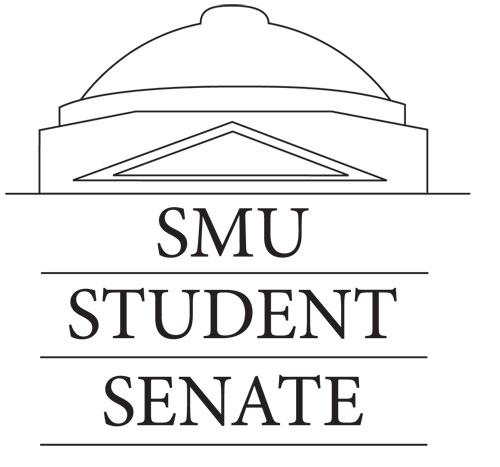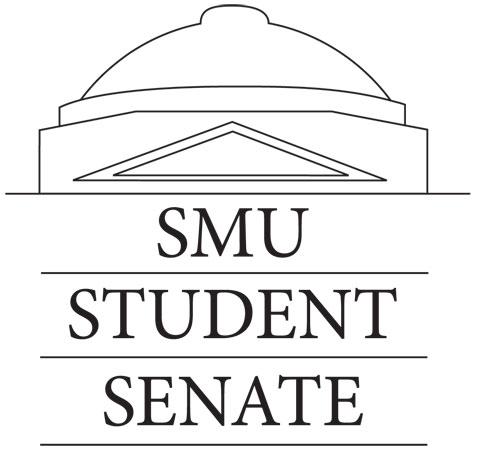
Student Senate ended the year with the passing of three pieces of legislation with little debate or opposition.
MustangShare
The first piece of legislation implements the MustangShare program for Student Senate. Bill authors include Sen. Pablo De Santiago (Lyle) and Parliamentarian Joseph Esau.
De Santiago and Esau wanted to improve communication between Student Senate and the student body. The MustangShare program will adopt inside.smu.edu as its platform. Esau described the new SMU site as a cross between Blackboard and Wikipedia.
The bill authors hope the program will act similarly to Senate’s Affiliate Program, which connects senators to organizations. They say the MustangShare program will help senators provide information to their constituents, as well as encourage feedback from the student body.
They also hope it will hold senators accountable to their constituents.
Pollack Gallery
The second piece of legislation encourages SMU to consider moving the Pollack Gallery out of Hughes-Trigg and into a different space, such as the Meadows Museum.
The bill also asks the Hughes-Trigg Student Center to work with student artists to provide them with additional opportunities to display their work.
The bill’s authors believe the gallery takes up space in the student center that could be used for something more student-oriented. They also note that the gallery gets very little foot traffic and hardly ever features student artists.
“I really feel like this is a discussion that the student body should take up,” Esau, one of the co-authors, said.
Mustang EMS
The last bill encouraged SMU to enact a student EMT service similar to ones at Rice University, Texas A&M and the University of Texas.
Bill authors note that the average response time to an emergency on campus is around five to eight minutes, which can severely impact a person with a life-threatening emergency. They hope implementing a student-led EMT service will lead to a safer campus because students already on campus would be able to provide help sooner than neighboring cities’ emergency providers.
The program would require volunteer EMTs to take basic paramedic training before they would be allowed to render aid. Bill authors note that this means any liability would be covered under SMU, state and national laws.
The Mustang EMS program would work closely with the SMU Police Department, although the bill’s authors hope that eventually the program will become its own department within the university.
Bill authors say they already have 10 students who have committed to taking EMS training over the summer. With three students already EMS-trained, they hope to start the program next fall, providing emergency services during peak hours and while the Memorial Health Center is closed, although some details still need to be worked out.
One of the bill’s authors, Sen. Parminder Deo (First-Year), says they wrote the bill to get Senate’s support for the program, not to get charter status or a budget.
“We just need Senate’s approval because Senate represents the student body,” he said.









